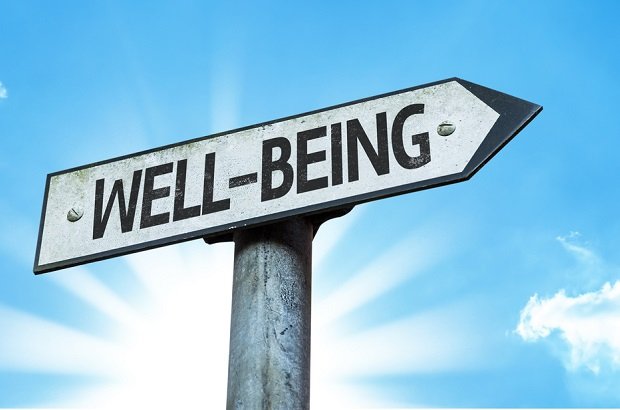
The COVID-19 pandemic caused far-reaching changes in the ways Americans live, work and play. These changes continue to have a significant impact on health, finances and overall wellbeing.
"We have seen the effects of this in demands on health care providers to adopt telemedicine practices; on government organizations to provide community and financial supports; and also on workplaces, where myriad changes occurred across every level of occupational category," according to the Sharecare Community Wellbeing Index for 2021. "Working populations witnessed firsthand efforts to advance diversity and inclusion efforts; expanded vacation and benefits offerings; enhanced transparency from leadership; the provision of new resources and flexibility in how work can be done; and so much more."
Recommended For You
Measured on a scale of 0 to 100, with 100 representing the greatest possible wellbeing, the nation's average index score was 60.9, which showed year-to-year consistency from the 2020 index average of 60.5. Several nationwide trends emerged from the research:
- Purpose, achievement and motivation at work, defined as "liking what you do each day and feeling motivated to achieve your goals," improved by 5.7 points, moving from 59 in 2020 to 64.7 in 2021.
- The index showed a nationwide increase in financial wellbeing, shifting from 58.4 in 2020 to 60.6 in 2021 and representing restored nationwide financial health levels compared to those measured pre-pandemic in 2019.
- State-level analysis also noted an increase in community wellbeing. Pride in the community and a feeling of connection serve a critical role in overall individual wellbeing, especially in the face of hardship. Positive interaction with the community is linked with better financial wellbeing and lower health risks.
- Of the 10 lowest-ranked states in 2020, each remained in the bottom quintile in 2021 despite some score improvements. Similarly, all top-10 states for the 2020 Index maintained top-10 positions in 2021.
- Six states shifted five rankings or more in this year's index report. States that saw a decline of five spots or more included Alaska (-5), Maine (-8) and New Hampshire (-5). States that saw an improvement of five positions or more included Idaho (+5), Iowa (+6) and Texas (+8).
Massachusetts earned the title of "healthiest state in the country" for the second year in a row, including strong scores across both social determinants of health and individual wellbeing measures. The Bay State achieved top-10 scores in eight of 10 domains measured: health-care access (No. 2), housing and transportation (No. 2), purpose wellbeing (No. 3), financial (No. 3), physical (No. 4), social (No. 5), community (No. 5) and food access (No. 8).
For the third year in a row, Mississippi earned the lowest overall score, joined by four other Southern states that comprise the bottom 10. Mississippi ranked No. 50 in the 2021 index based on lowest-in-nation measures in all but four domains: purpose (No. 49), health-care access (No. 43), economic security (No. 48) and resource access (No. 45).
"Overall, these trends further reinforce stark differences in community wellbeing across the nation, including high variability across key individual wellbeing factors and social determinants that define the environments, infrastructure, resources, health behavior and overall circumstance of where individuals live, work and play," the report concludes.
© Touchpoint Markets, All Rights Reserved. Request academic re-use from www.copyright.com. All other uses, submit a request to [email protected]. For more inforrmation visit Asset & Logo Licensing.







